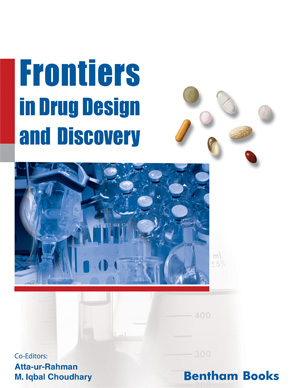Abstract
Multiple sclerosis (MS) is a heterogeneous, chronic, debilitating immune-mediated disease of the central nervous system (CNS). There are four types of MS according to their relapsing or progressive pattern that include relapsing–remitting (RRMS), secondary progressive (SPMS), primary progressive (PPMS), and progressive relapsing (PRMS). There is no definite cure for MS, thus medications typically focus on slowing the progression of the disease, managing symptoms and improving the quality of life. There is no specific medication for the management of PPMS and thus these patients are often neglected. New medicines in this phase of the disease are needed. On the other hand injectable immunomodulatory medicines, which dominated the MS market for over the past two decades, raise the issues of adherence and tolerance while oral therapies do offer a step forward in convenience.
This systematic review article discusses the emerging synthetic small molecule that administered orally for MS treatment. We searched PubMed, Web of Science and Google Scholar to summaries the present knowledge on mechanism of action, and completed and current clinical trial of laquinimod, masitinib and siponimod. Data were collected from 1985 to January 2015.
The development of effective medicines for MS is critically dependent upon understanding the biological basis of this complex multifactorial disease. The current pharmacotherapeuetic options for its treatment are mainly immunomodulators which were developed on the basis that MS is an autoimmune disease. The new synthetic small molecule agents such as laquinimod, masitinib and siponimod with different mechanism of actions can be administered orally rather than by injection.
Keywords: Clinical trials, laquinimod, masitinib, multiple sclerosis, siponimod, systematic review.
 117
117




















